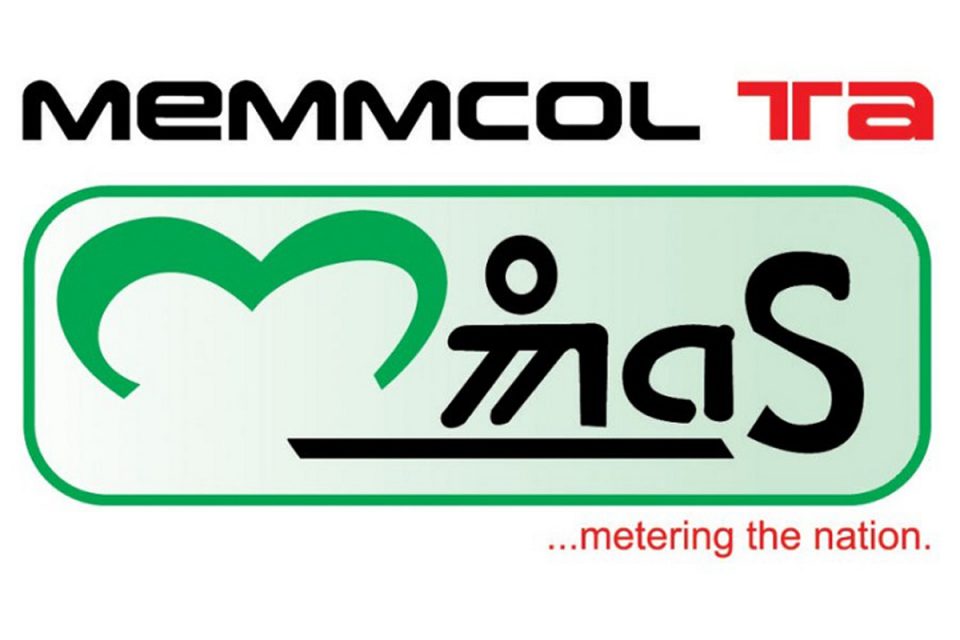PwC Nigeria and Momas Electricity Meters Manufacturing Company Limited (MEMMCOL) have called for an effective and comprehensive metering programme to make the power sector more transparent.
The duo, who commended the National Mass Metering Programme (NMMP) of the federal government, noted that metering represents the foundation for sustainable revenue generation and commercial viability of the electricity sector.
PwC, in its 11th edition of its yearly Power and Utilities Roundtable report, called for the creation of rigorous monitoring and evaluation.
It added that ensuring compliance amongst the large and diverse group of decision-makers and stakeholders in the power sector was key to ensuring a favorable outcome of the NMMP.
“Continuous engagement between stakeholders to retain collective buy-in on the different initiatives is key. It is on this basis that the key stakeholders will align, be monitored, and measured in line with clearly articulated performance targets.
“Data analytics-driven decision making must be at the core of the power industry. All technical, operational, commercial, customer service and financial data need to be aggregated and effectively analyzed on an asset and sector basis for the sector to improve its decision making and evolve,” the financial advisory firm said.
On his part, Chairman of MEMMCOL, Kola Balogun in a statement titled: ‘Our position on the deployment of electricity meters under the NMMP’, said it was the first time in the history of the power sector that the Federal Government approved the financing of the deployment of 10 million electricity meters.
He, however, stated that based on his experience he has had as a distributor of meters under the scheme, factors are affecting the smooth implementation of the scheme, while asking the government to address the situation.
Balogun advised that the distribution companies sensitised customers on the benefits of the scheme because some high-profile customers were rejecting the meters with the wrong notion that they will pay more if they have meters compared to the estimated billing



